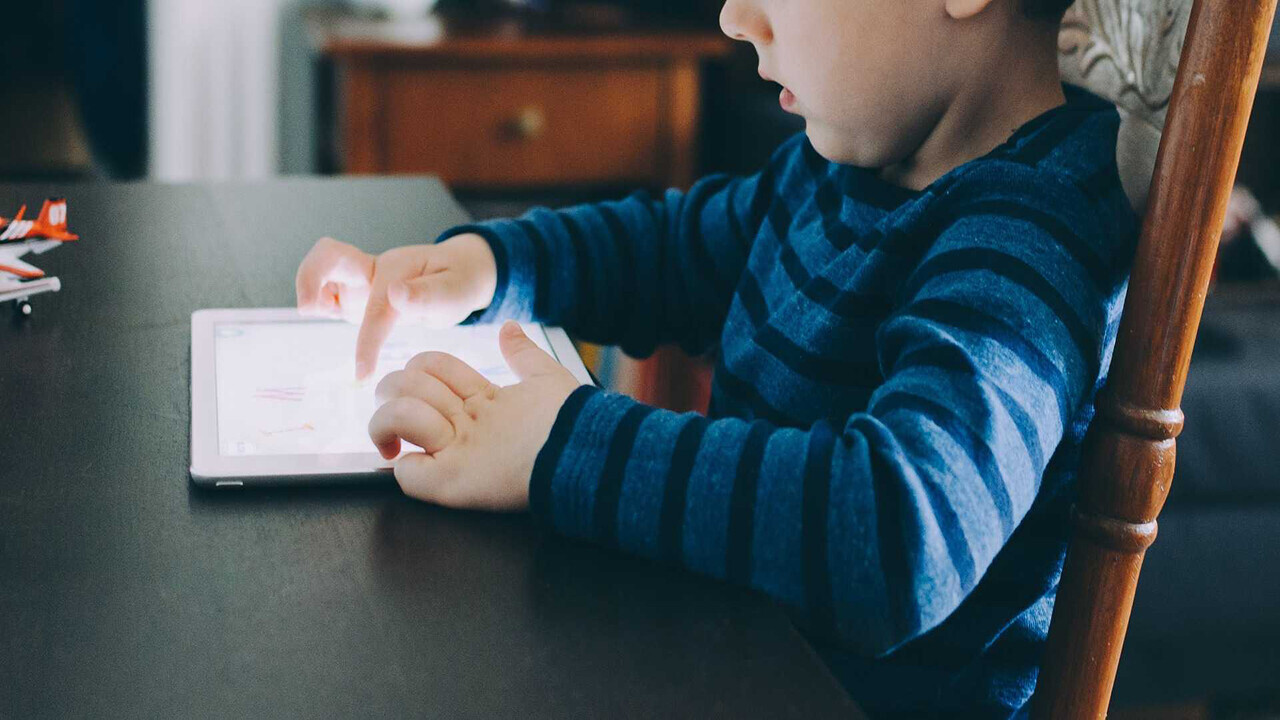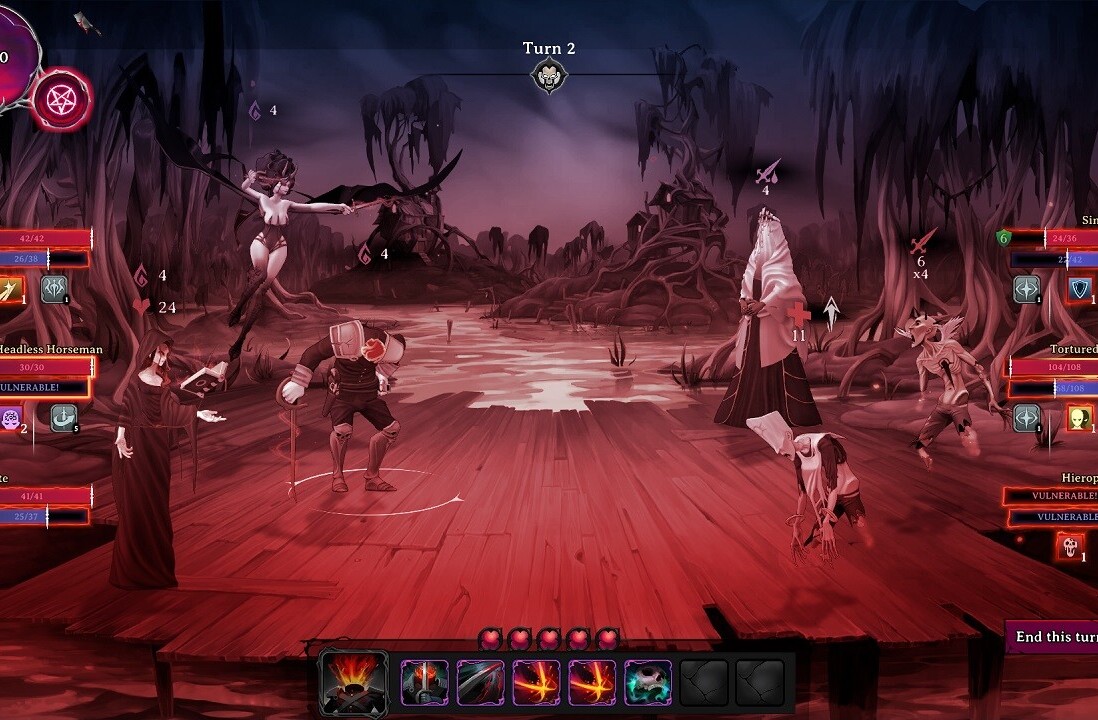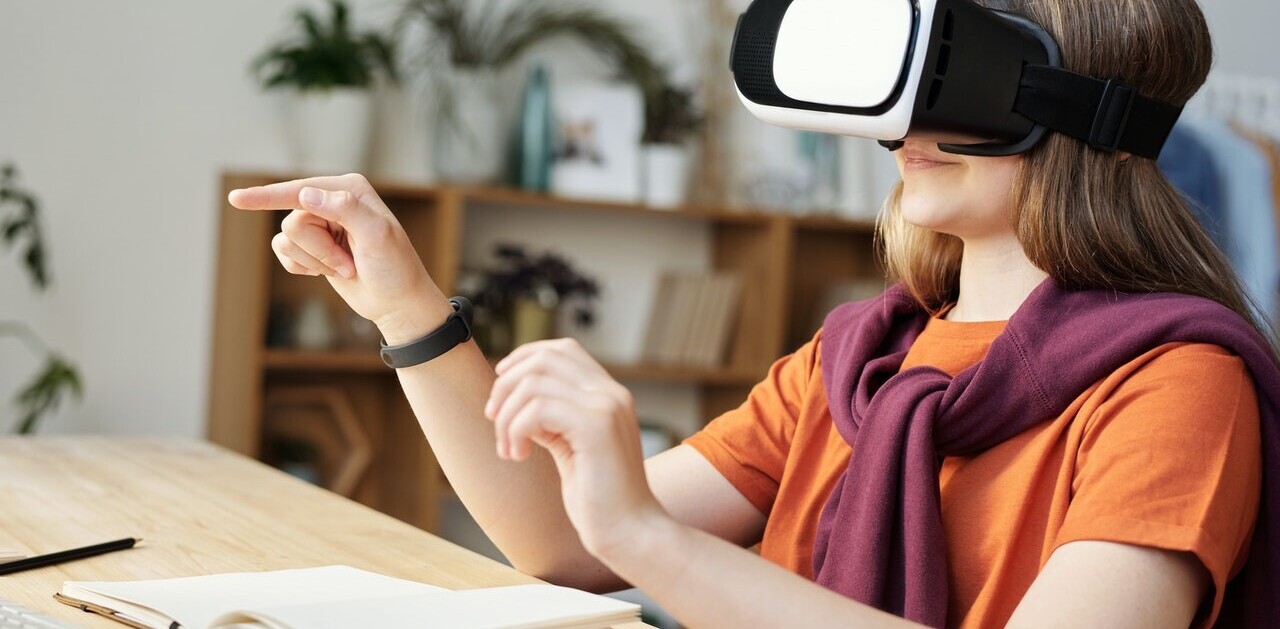The Research Brief is a short take on interesting academic work.
The big idea
Even whenkids spend five hours a day on screen – whether computers, television, or text– it doesn’t appear to be harmful. That’s what my colleagues and I at the University of Colorado Boulder discovered after analyzing data taken from nearly 12,000 participants in the Adolescent Brain Cognitive Development Study – the largest long-term study of its kind ever in the U.S.
The participants included children between the ages of 9 to 10, from diverse backgrounds, income levels, and ethnicities. We investigated how screen time was linked to some of the most critical aspects of their lives: sleep, mental health, behavior, and friendships.
Our results, recently published in the journal PLOS One, found no association between screens and a child’s depression or anxiety. Greater amounts of screen time were associated with stronger peer relationships for both boys and girls – both have more male and female friends. Social screen use may drive that association; video gaming, for instance, is a social activity that seems to foster more friendships. So do social media and texting.
Why it matters
U.S. children are spending more time on screens than ever before. Parents often worry that the technology adversely impacts youngsters, particularly those entering adolescence – a critical period of development.
What still isn’t known
Our study also found negative correlations: More screen time predicted higher levels of attention problems, worse sleep, poorer academic performance, and an increase in aggression and misbehavior.
Taken at face value, these contrasting positive and negative correlations are confusing. Is screen time good or bad?
Perhaps neither one: When looking at the strength of the correlations, we see only very modest associations. That is, any association between screen time and the various outcomes, whether good or bad, is so small it’s unlikely to be important at a clinical level.
Some kids scored lower than others on these outcomes, some scored higher; screen time only explained 2% of the difference in the scores. This suggests the differences are explained by many variables, not just screen time. It’s a very small piece of a much larger picture.
Also, our study is correlational rather than causal. Correlational research shows that two seemingly related variables don’t necessarily generate changes in each other. Causal research implies that one variable did cause a direct change in the other.
For example, we found that adolescents who spend more time on screens may display more symptoms of aggression. But we can’t say screen time causes the symptoms; instead, maybe more aggressive children are given screen devices as an attempt to distract them and calm their behavior.
The bottom line: While parents should make sure their children are using screens in appropriate ways, our early research suggests lengthy time on screen is not likely to yield dire consequences.
What’s next
Currently, there is no established threshold for an “acceptable” amount of screen time. While guidelines do exist for younger kids, nothing official has been set for adolescents.
Additionally, our study did not include academic screen use, only recreational. So it was impossible to compare academic versus recreational screen use outcomes.
The ABCD Study will follow these children until they are 20 years old. Future research may examine how screen time might affect children throughout their entire adolescence when more symptoms of mental health concerns may show. For the moment, however, only one thing is certain: Screens are here to stay.![]()
Article by Katie Paulich, PhD Student in Psychology, Neuroscience and Behavioral Genetics, University of Colorado Boulder
This article is republished from The Conversation under a Creative Commons license. Read the original article.
Get the TNW newsletter
Get the most important tech news in your inbox each week.






